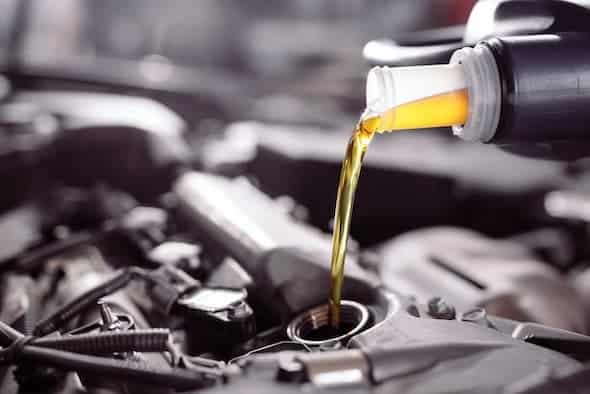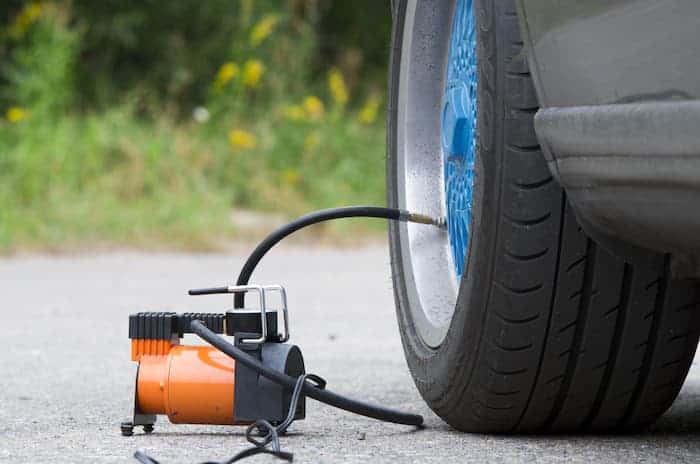Table of Contents
Toggle- How Long Does It Take For A Car Engine To Cool Down?
- Basics of Engine Overheating
- The Cooling Down Process of a Car Engine
- Why It's Essential to Let Your Car Engine Cool Down
- How To Speed Up The Cooling Down Process
- The Role of Engine Coolants and Cooling Fluid
- Maintaining Your Car Engine's Health
- Common Misconceptions About Car Engine Cooling
- Conclusion
- How long does it take for a car engine to cool down?
- Can I speed up the cooling process of my car engine?
- What role does the coolant play in engine cooling?
- How can I prevent my car engine from overheating?
- Is it harmful to pour cold water on a hot engine?
How Long Does It Take For A Car Engine To Cool Down?
Different engines cool down at different rates. A smaller, four-cylinder engine might cool down in around 30 minutes, while a larger, six-cylinder engine could take up to an hour.
Basics of Engine Overheating

Your car’s engine operates at a high temperature, typically between 195 to 220 degrees Fahrenheit. However, there are instances when it can overheat.
Symptoms of Overheating
Have you noticed your temperature gauge creeping into the red? Or maybe you’ve seen steam billowing out from under your hood? These are clear signs of an overheating engine.
The Cooling Down Process of a Car Engine
Ever wondered how a car engine cools down? It’s a fascinating process, with numerous factors at play.
Factors Influencing Cooling Time
Everything from the ambient temperature to the engine’s design can influence how quickly your car engine cools down.
Why It’s Essential to Let Your Car Engine Cool Down

Allowing your car engine to cool down is not just about comfort—it’s about safety and prolonging the life of your engine.
Preventing Engine Overheating
Preventing overheating is better than dealing with an overheated engine. Simple maintenance and attention can make a big difference.
How To Speed Up The Cooling Down Process
Sometimes, you might need to help your engine cool down faster. There are a few safe practices to do this.
Safe Practices For Cooling Your Engine

Care should be taken not to cause more harm than good. From turning off the AC to lifting the hood, there are ways to expedite the cooling process.
The Role of Engine Coolants and Cooling Fluid
Engine coolants, also known as cooling fluid, aren’t just a marketing gimmick they play a vital role in managing your engine’s temperature.
How Coolants and Cooling Fluid Work
The cooling fluid works by absorbing the heat from the engine and dissipating it through the radiator. Its role is crucial in the cooling process, helping maintain a balanced engine temperature and prevent overheating. Regularly checking and topping up your cooling fluid can significantly contribute to the overall health of your car engine.
Maintaining Your Car Engine’s Health

Your engine is the heart of your car. Just like your heart, it needs regular check-ups and proper maintenance.
Regular Checkups and Servicing
Regular check-ups can help ensure that your engine stays in top condition, reducing the risk of overheating and subsequent damage.
Common Misconceptions About Car Engine Cooling
There are many myths and misconceptions about car engine cooling. Let’s debunk some of the most common ones.
Debunking Cooling Myths
From pouring cold water on a hot engine to the idea that driving fast cools your engine, there are plenty of misconceptions to debunk.
Conclusion
Understanding how long it takes for a car engine to cool down is a crucial part of responsible car ownership. It’s not just about comfort—it’s about safety, longevity, and the overall health of your vehicle. Remember, regular check-ups and maintenance can go a long way in preventing engine overheating.
How long does it take for a car engine to cool down?
It generally takes 30 minutes to 1 hour for the engine to cool down to a safe temperature.
Can I speed up the cooling process of my car engine?
Yes, but care must be taken not to cause more harm than good. Turning off the AC and lifting the hood are some ways to expedite the process.
What role does the coolant play in engine cooling?
Coolant absorbs heat from the engine and dissipates it through the radiator, playing a vital role in managing your engine’s temperature.
How can I prevent my car engine from overheating?
Regular check-ups, proper maintenance, and keeping an eye on the temperature gauge can help prevent your engine from overheating.
Is it harmful to pour cold water on a hot engine?
Yes, the sudden temperature change can cause engine parts to crack or warp. It’s best to let the engine cool naturally.




